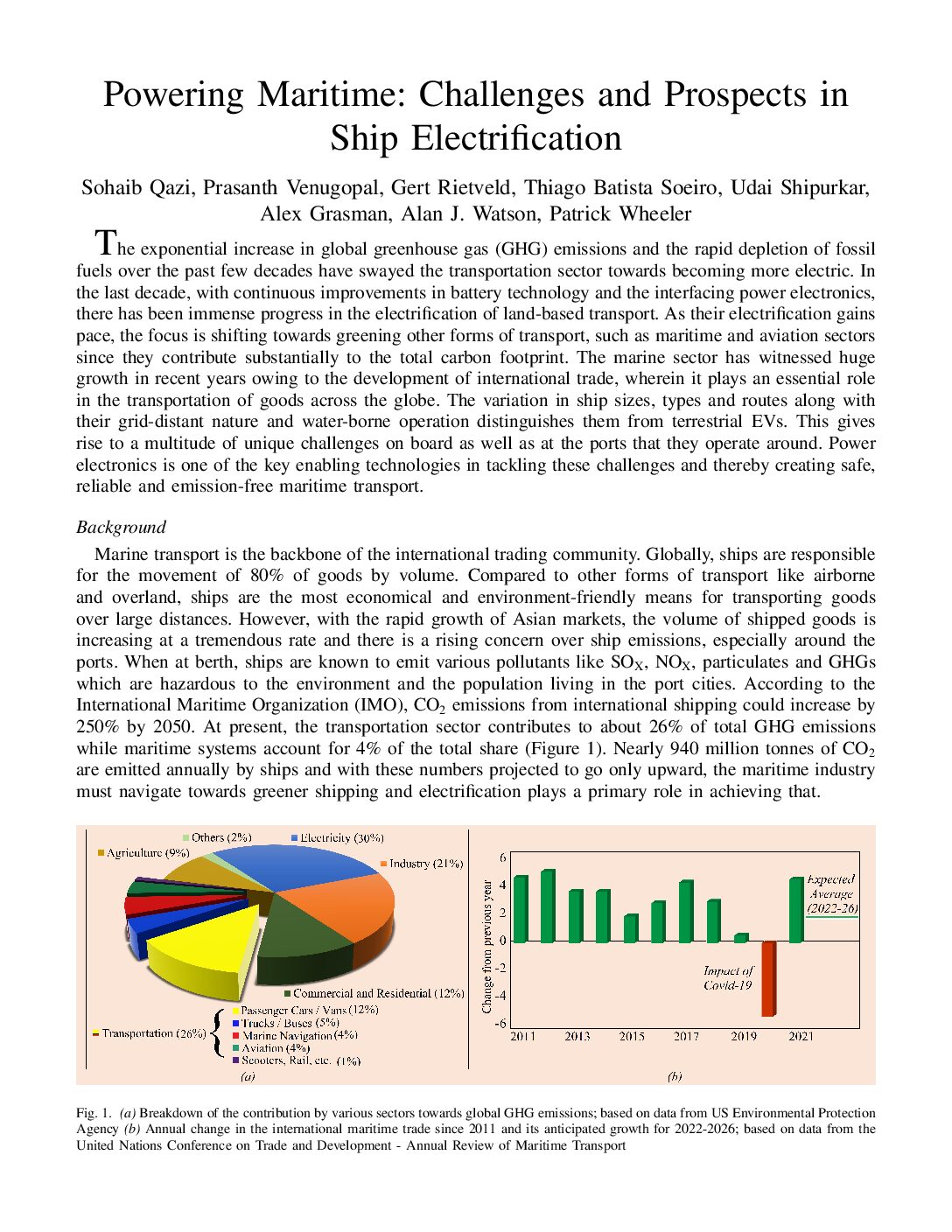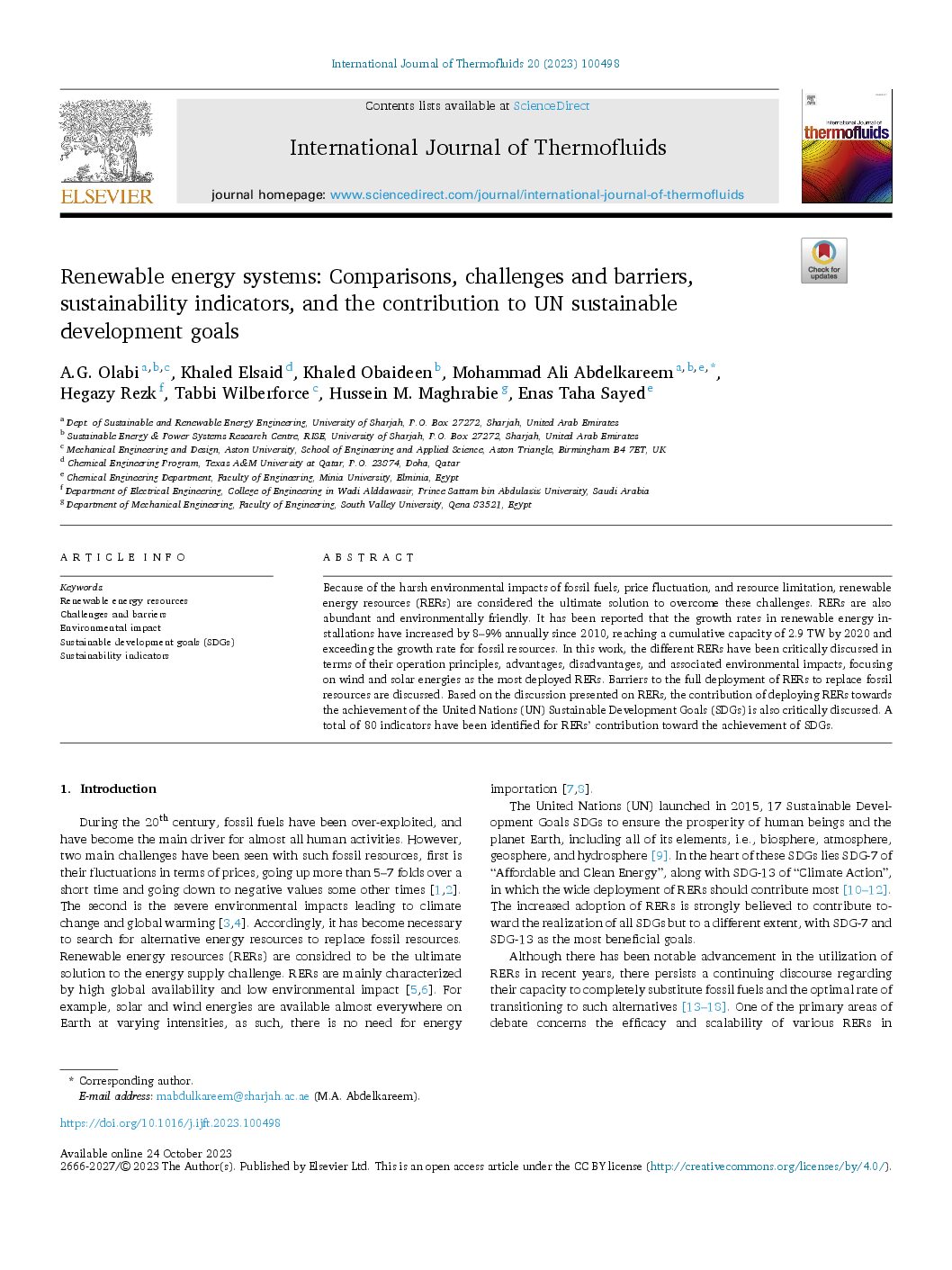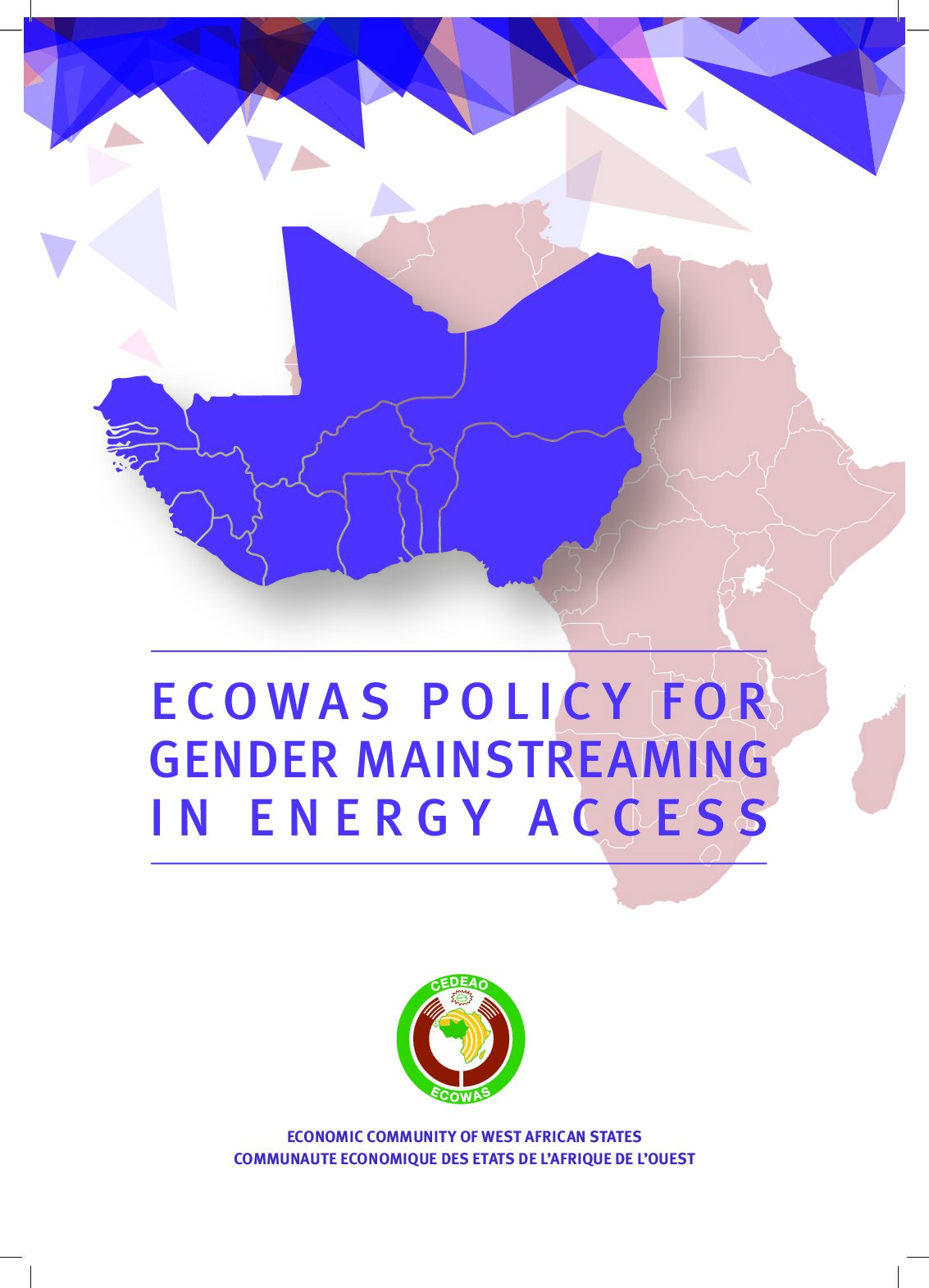This research paper gives an overview of the technical challenges for both ports and shipping companies associated with the electrification of shipping, and explains how electric ships could work.
This journal article provides a comparison between different renewable energy technologies in terms of efficiency, pricing and environmental impacts.
This report presents insights into processes, practices and policies that vocational education and training institutions can adopt to ensure they equip learners with the knowledge, skills and mindsets they need to contribute to just transitions. It is based on experiences collected in the European Training Foundation’s Network of Excellence – a global network of centres … Continue reading “Greening of Vocational Education and Training: Processes, Practices and Policies”
This study evaluates the progress that African countries have made in their transition to e-mobility up to 2021.
People need water, energy, and food to sustain their livelihoods, grow economies, and achieve sustainable development. The interactions between these resource sectors form the crux of water-energy-food (WEF) nexus assessments. This study analyses the WEF nexus of 54 African nations and identifies bottlenecks resulting from water, energy, or food insecurity.
Identifying Factors Associated with Consumers’ Adoption of e-Mobility—A Systematic Literature Review
This article investigates the following questions: 1) What are the associated factors that affect the consumer’s intention to purchase EVs? (2) What is the impact of sociodemographic variables on the adoption of EVs? (3) What are the main obstacles to and motivators for introducing EVs and the expected recommendations for manufacturers, politicians, governments, and scientists?
This paper undertakes a comprehensive assessment of mobility patterns and accessibility needs in Freetown, Sierra Leone, and presents evidence of the significance of accessibility-centred information to inform policy priorities.
This article looks at travel patterns around universities in Africa and MENA and proposes a framework to engage universities to expand their sustainable mobility impact.
This is a good practice example of a regional policy that mainstreams gender equality concerns in energy access policies and programmes.
This article investigates the benefits to women of electricity access, beyond just economic benefits.




